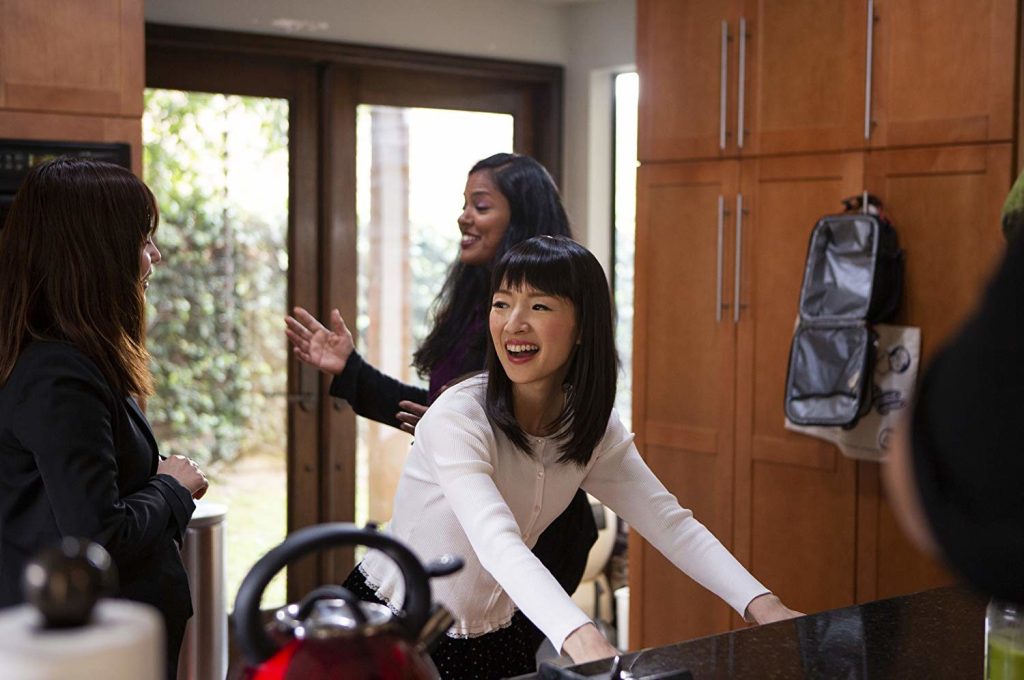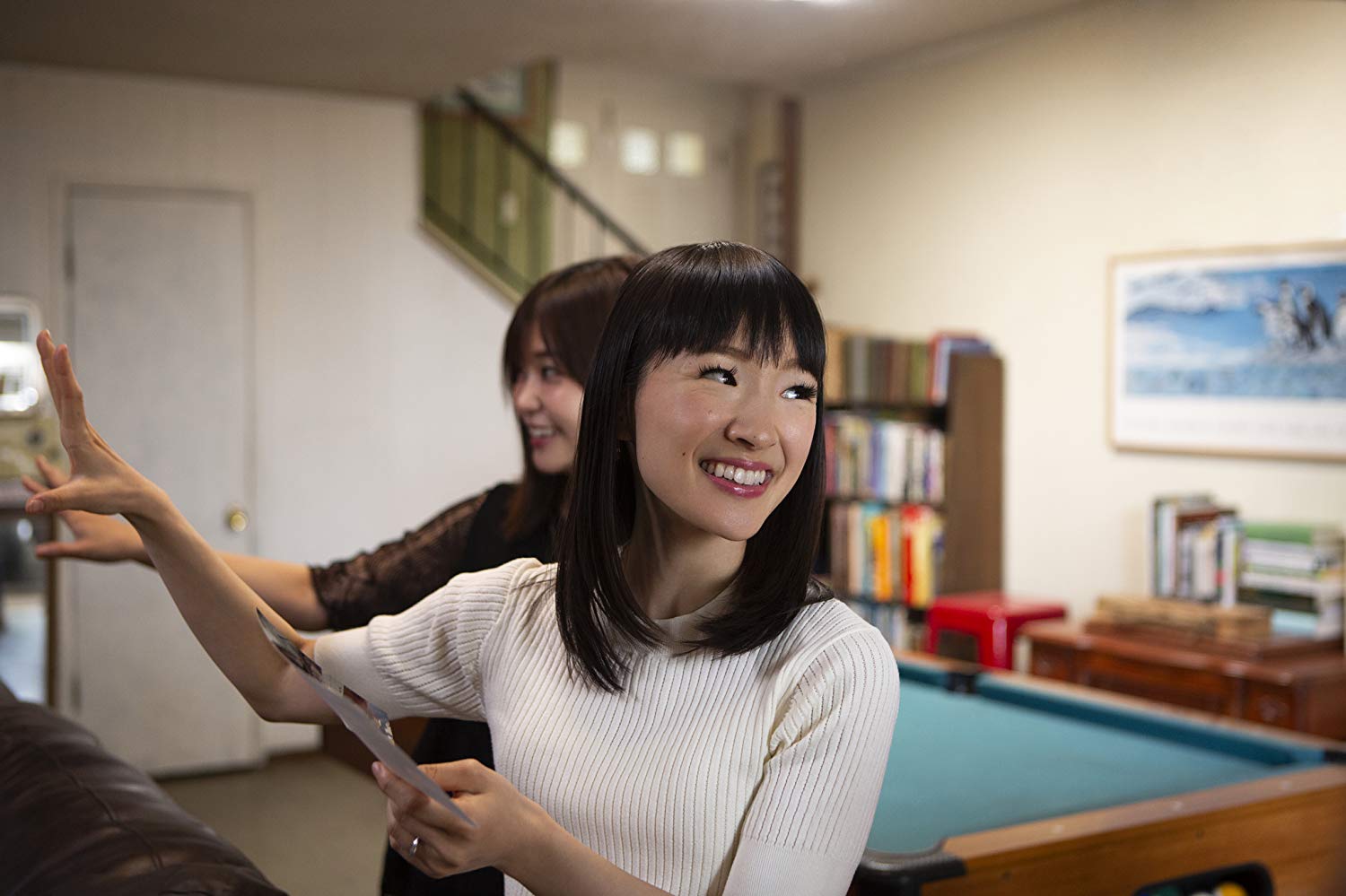Recall a time when you re-encountering something that once held major significance in your life. Maybe it happened when you took a trip back to your childhood home. You pulled an old book bag out from the attic, or that soccer ball you practiced with during your high school playing days. If you’re anything like me, finding yourself in those situations can bring back a flood of lost memories. Some good, some bad – but ones that still mean something to you.
With nostalgia and a sense of that significance seemingly superficial things can have in our lives, I’ve come to a startling conclusion: I think it’s OK to be attached to ‘stuff.’ Coming to grips with this has been a process for me as I, like many in today’s culture, have prided myself on being a minimalist of sorts. But, as the KonMari Method sweeps the nation with the latest tidying craze, I’m starting to fear that we (including myself) may fall into our timeless tendency to take things just a little too far.
I say this with all due respect for Marie Kondo and others who embrace a more minimalist mindset, obviously there are benefits to it. However, call me a little skeptical of our Type-A society where – you have to admit – we do get a bit carried away sometimes. Losing weight and eating healthy couldn’t be as simple as balancing our diets and exercising, right? No, we had to launch a full-blown war on carbs. And the Atkins Diet just spiraled into this new fad where people are reverting back to eating habits of the stone age.
It’s OK to go after new things with curiosity and vigor, but problems can arise when we put our trust in fad diets or any other trends to truly transform our lives. That’s when they become idols – something to live up to lurking over us with expectation and judgement. So, before anyone proclaims a war on stuff, it’s worth taking a step back to examine how we measure the value of our material possessions. Even with the superficial, sometimes it goes deeper than what’s on the surface.
Archaeological researchers from the University of York in the UK recently explored some history surrounding the psychological impact of attachment and material culture. True to our complicated human form, feelings and memories inevitably do come into play even in our relationship with objects. And, yes, materials can have a powerfully positive impact on our emotional wellbeing – to the point that they provide a crucial sense of comfort and connection when we’re away from loved ones.
The report offers an example of the tattered teddy bear a 10-year-old girl named Aileen Rogers sent via care package to her father Lawrence when he was working as a medic during World War One. Lawrence loved that raggedy bear, writing home to his family with status updates about its grody condition but promising to hold onto it for his daughter. When Lawrence was killed in Passchendaele in 1917, the bear was found with him.
We don’t really need science to tell us why Lawrence treasured that old worn-out teddy bear, the love and affection he must have felt for his daughter when he ran his fingers through its scruffy ears. And, though it feels silly to make this comparison, there’s often a similar dynamic at root when we have trouble parting ways with certain things. Sure, a car is a hunk of metal at the end of the day, but it’s one that holds years of memories that may fade – at least to a degree – without that physical reminder.
These insights might give you a little more appreciation for the ‘things’ of this world. At the very least, they give me an excuse to cut myself – and my family – some slack when I come home to a house that’s more cluttered than it is KonMari’ed. Toys and trinkets scattered across the floor with no real rhyme or reason. I’ll save that little tractor my three-year-old son has tossed to the side. Perhaps the baby will play with it one day when she gets older, or maybe I’m just being lazy. I’m far from perfect.
Truth is, years from now when my kids have grown up and left home, I’ll probably walk into the garage and spot that tractor toy lying in a dusty corner. I’ll pick it up and start balling my eyes out when dormant memories start bubbling back up to the surface. I’ll curse Marie Kondo and say out loud: ‘Life is a mess!’ And that’s OK.
























